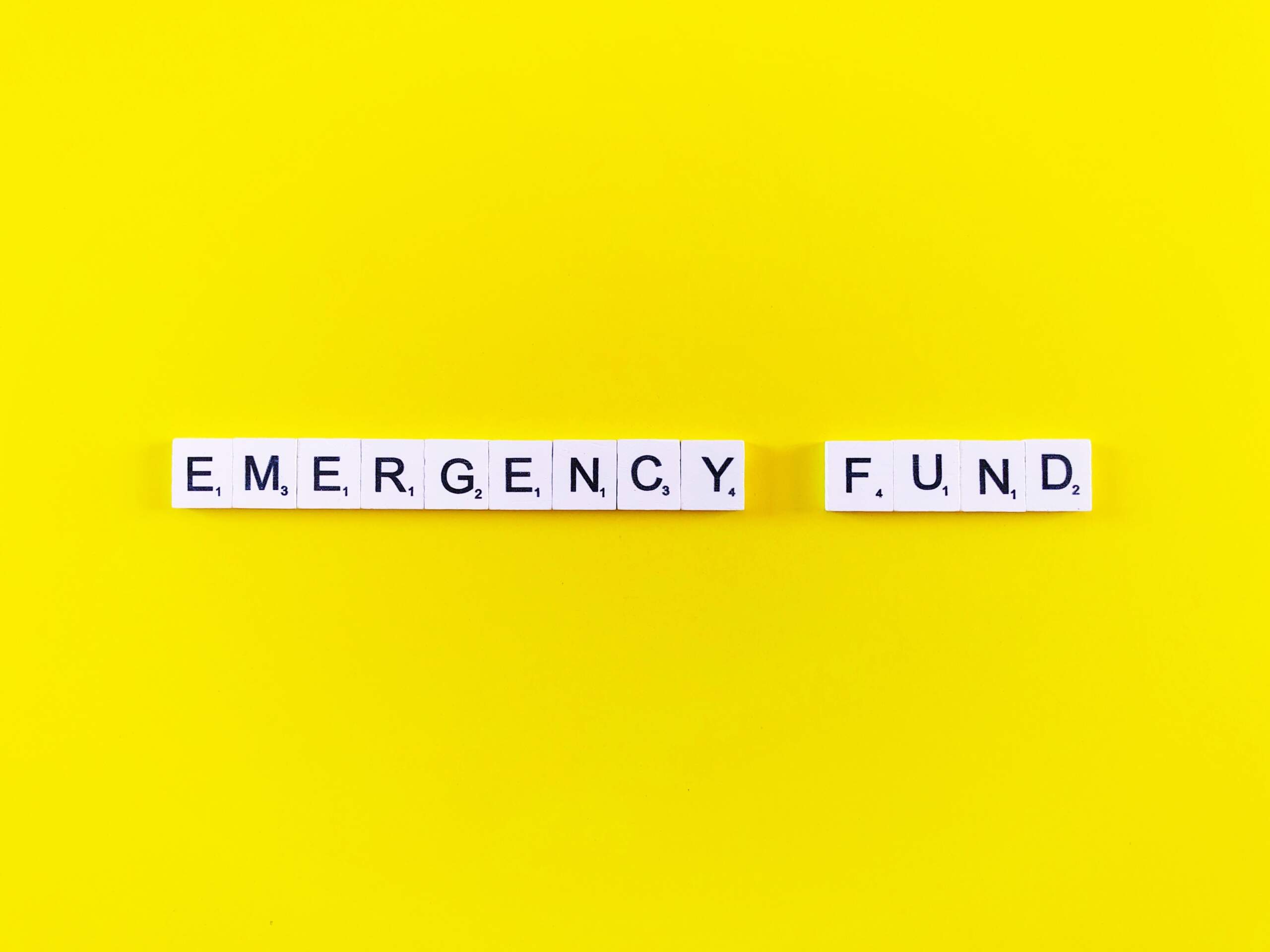Imagine this: after months of searching, you finally find the perfect house—the one that fits your vision of a dream home. Excitement fills the air as you envision creating memories and building a future within those walls. But while it’s easy to get wrapped up in the thrill of homeownership, it’s crucial to take a moment and consider an often-overlooked aspect: building an emergency fund.
Buying your first house is an incredible achievement, but the journey doesn’t end with the keys in your hand. It’s a lifelong commitment, one that requires thoughtful planning and preparation. As you embark on this monumental endeavor, we want to share with you the importance of safeguarding your dreams by establishing an emergency fund. Below, we’ve discussed the matter in detail.
The Importance of Having an Emergency Fund
Buying your first house is an amazing life experience, but it’s also essential to consider the long-term financial responsibilities that come with homeownership. Life is full of surprises, and having a financial safety net can provide peace of mind and protect you from unnecessary stress.
Preparing for the Unexpected
Owning a home involves many expenses beyond your monthly mortgage payment. What’s more, unforeseen financial challenges can arise at any time, from property repairs and maintenance to unexpected medical bills or a sudden job loss. That’s where an emergency fund becomes invaluable. By setting aside a portion of your savings specifically for emergencies, you can address these unexpected costs without jeopardizing your overall financial stability.
How to Build an Emergency Fund
Building an emergency fund requires discipline and commitment, but it’s an essential step for securing your financial future. Here are some practical tips to help you get started:
- Establish a Savings Goal: Determine how much you would need to cover three to six months’ worth of living expenses. This target should be based on your unique financial situation, including mortgage payments, bills, and other essential costs.
- Create a Budget: Evaluate your income and expenses to identify areas where you can cut back and save more. Make a conscious effort to prioritize your emergency fund by allocating a portion of your monthly income specifically for this purpose.
- Automate Savings: Set up automatic transfers from your checking account to a dedicated emergency fund account or savings account.
- Take Advantage of Opportunities: Whenever you receive unexpected income, such as a tax refund or a work bonus, consider putting a portion, if not all of it, into your emergency fund. Doing so can help you reach your savings goal faster.
Contact Mortgage Solutions Financial Today!
Are you ready to embark on the exciting adventure of buying your first house? Contact Mortgage Solutions Financial today and let our experienced professionals help you navigate the mortgage process. Together, we’ll ensure you have the knowledge and resources necessary to make informed financial decisions and achieve your homeownership dreams.





